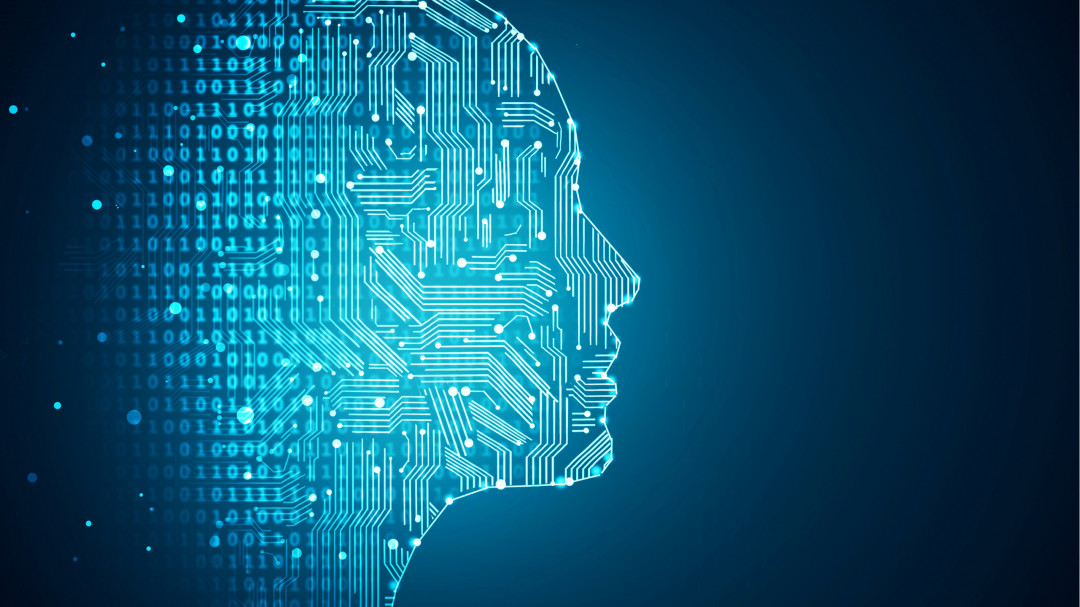
The EU member states have adopted stricter rules for artificial intelligence (AI) in the European Union. VDI expert Dieter Westerkamp emphasises the importance of the final decision and responsibility for humans. This is essential, above all, for the ethical principles of the engineering profession.
The EU has finally adopted the AI Act this year. This means that the EU member states have, for the first time, laid down rules for the use of artificial intelligence. It is the first law of its kind in the world and can set a global standard for the regulation of AI. A central point of the law is that AI systems should be as transparent, comprehensible and non-discriminatory as possible.
An important aspect of this is that AI systems are monitored by humans – not by technical systems. This means that the final decision and responsibility remains in human hands. This point is clearly supported by the VDI. In its "Ethical Principles of the Engineering Profession" from 2021, the VDI states: "Engineers are aware that when delegating operational and strategic support and decision-making tasks to autonomous AI-based systems, the ultimate responsibility must remain with humans." This is not just about artificial intelligence itself. "We have to look at the overall systems in which AI is used," says Dieter Westerkamp, Head of Technology and Society at the Association of German Engineers. "That is why we have formulated in our ethical principles that engineers ensure that decisions made by AI systems are always traceable and plausible. They also have a shared responsibility for the systemic effects – not only of the developed subsystem itself, but also for its impact on an overall system or network.”
The VDI has taken the advent of widespread AI use and autonomous systems as an opportunity to revise and supplement its ethical principles.
Irrespective of this, the VDI sees the great opportunities offered by technologies based on artificial intelligence. We must definitely stay on top of this in order to continue to be able to offer competitive products and services with integrated AI on the global market in the future. "It is good that we in Germany are currently in second place worldwide in terms of the number of patents. Now we need to use this as a basis for developing suitable products and services that comply with the AI law," says Westerkamp.
Further technical standardisation for AI is necessary. This will follow and ensure transparency in the use of AI.

